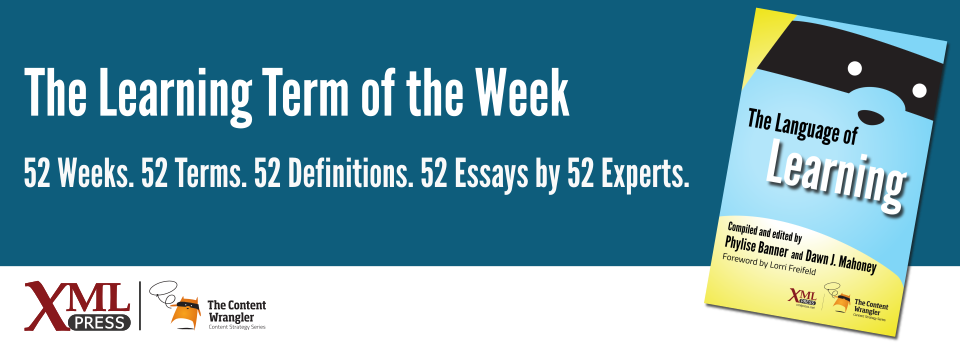What is it?
The process of learning a skill by performing that skill with consistent repetition and feedback. Also referred to as competency-based education.
Why is it important?
People learn by doing. Learning and development specialists often apply the 70-20-10 model, which says that 70% of what people learn is from job-related experience, 20% from interactions with others, and 10% from formal training or education(Training Industry 2014). This suggests that well over half of learning should be based on the learner performing a skill rather than an instructor or peer presenting knowledge about the skill.
Why does a business professional need to know this?
To keep pace with innovation and execute on transformative initiatives, organizations need to make skill development, and any needed re-skilling, a core component of the employee journey. And employees need to continue to master new skills as quickly as possible.
Competency-based learning is a key strategy to help companies meet these challenges. It helps ensure that training is relevant to the work by putting the tasks learners will do on the job into the learning content.
Competency-based learning begins with a needs analysis, which identifies the actual competencies required for mastery on the job. Equipped with information from the needs analysis, subject matter experts, and prospective learners, the learning and development team crafts learning content that challenges learners to perform aspects of the work as part of the curriculum.
Typically, competency-based learning allows individual learners to practice until they reach a designated mastery level before moving forward. Practice or repetition might take the form of simulation practice, scenarios, timed drills, etc. It might also include peer mentoring, coaching, and demonstration of mastery. This repetition and practice is especially helpful when the job tasks carry a risk of harm or injury.
Successful and effective competency-based learning provides learning content that is as close to real-world experiences as possible. This includes methods such as simulations, scenarios, hand-on exercises, timed drills, task observation with feedback, etc. Well-designed competency-based learning helps learners connect what they are learning to what they will be doing on the job.
References
- (Training Industry 2014) The 70-20-10 Rule for Learning and Development: Training Industry blog. (2014). Although this model does not have strong research behind it, it is widely used within the learning community.
- (Allgaier 2020) Competency-Based Training: The New Trend in Employee Development: Allgaier, Andrew. (December 2020). PSI Caliper.
- (Janoska 2020) The Importance Of Competency-Based Learning In Employee Skills Development : Janoska, Lubos. (April 2020). eLearning Industry
- (Bautista) The ABC’s of Competency-Based Learning: Bautista, Jonatan. Shift Learning Blog
- (Rothwell 2010) Competency-Based Training Basics: Rothwell, William J., and James M. Graber. (2010). Association for Talent Development (ATD). ISBN: 978-1562866983.

